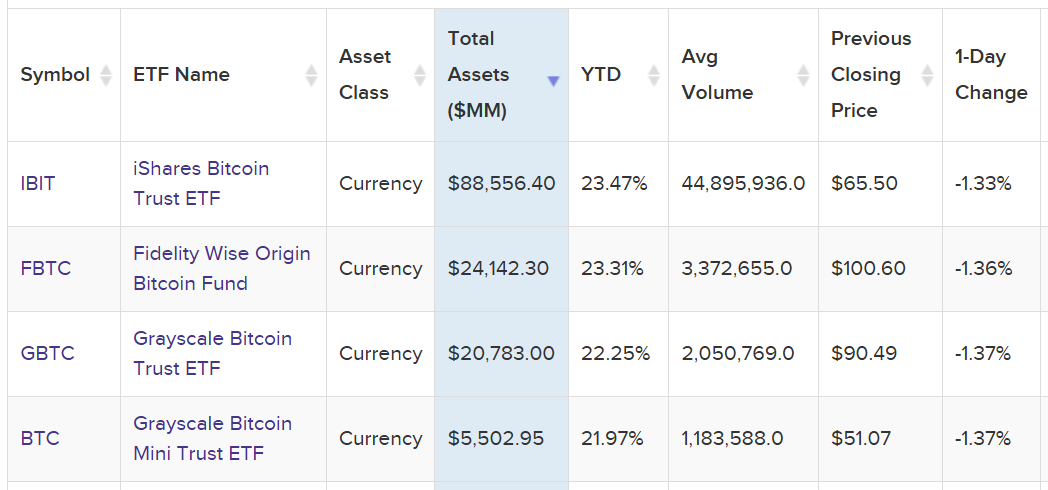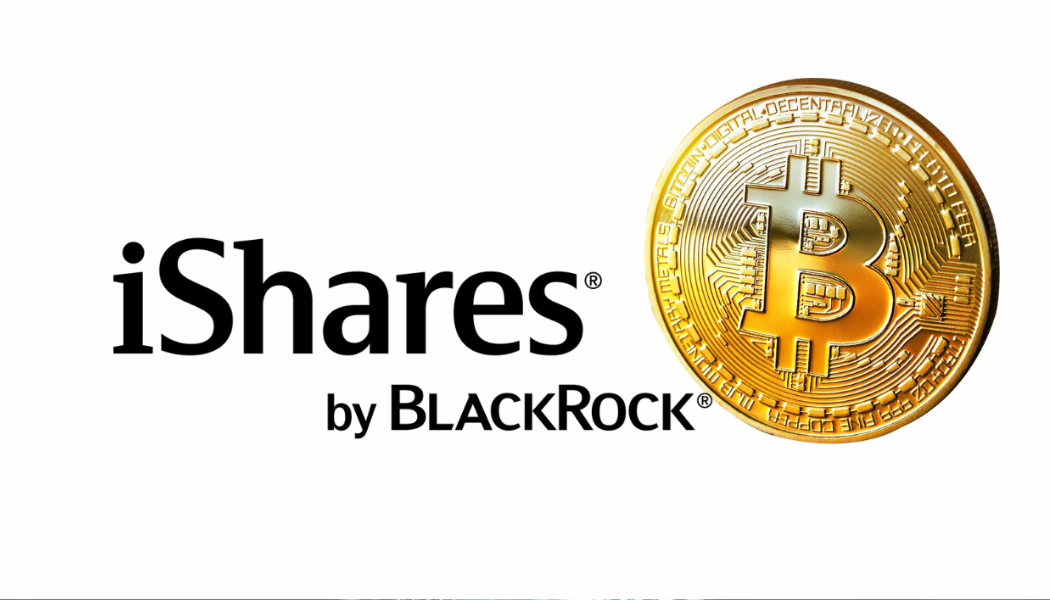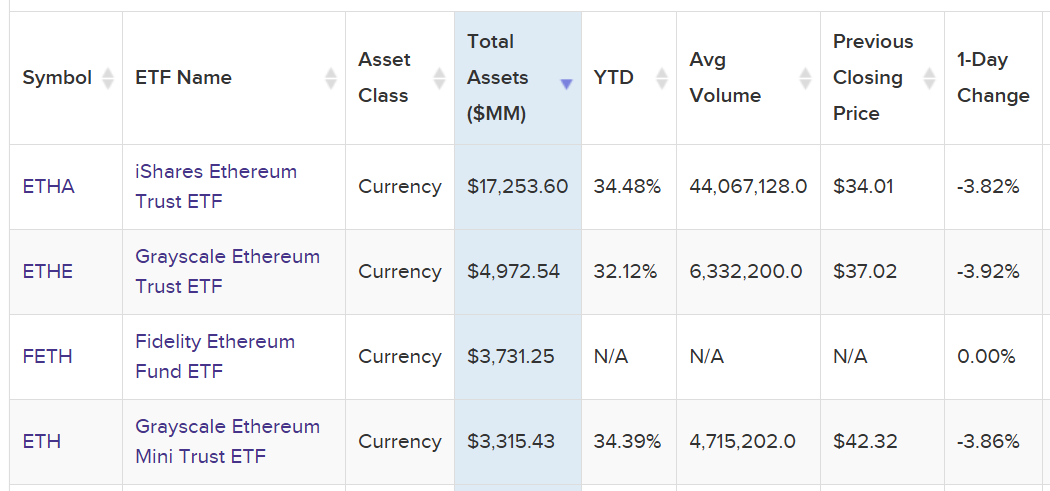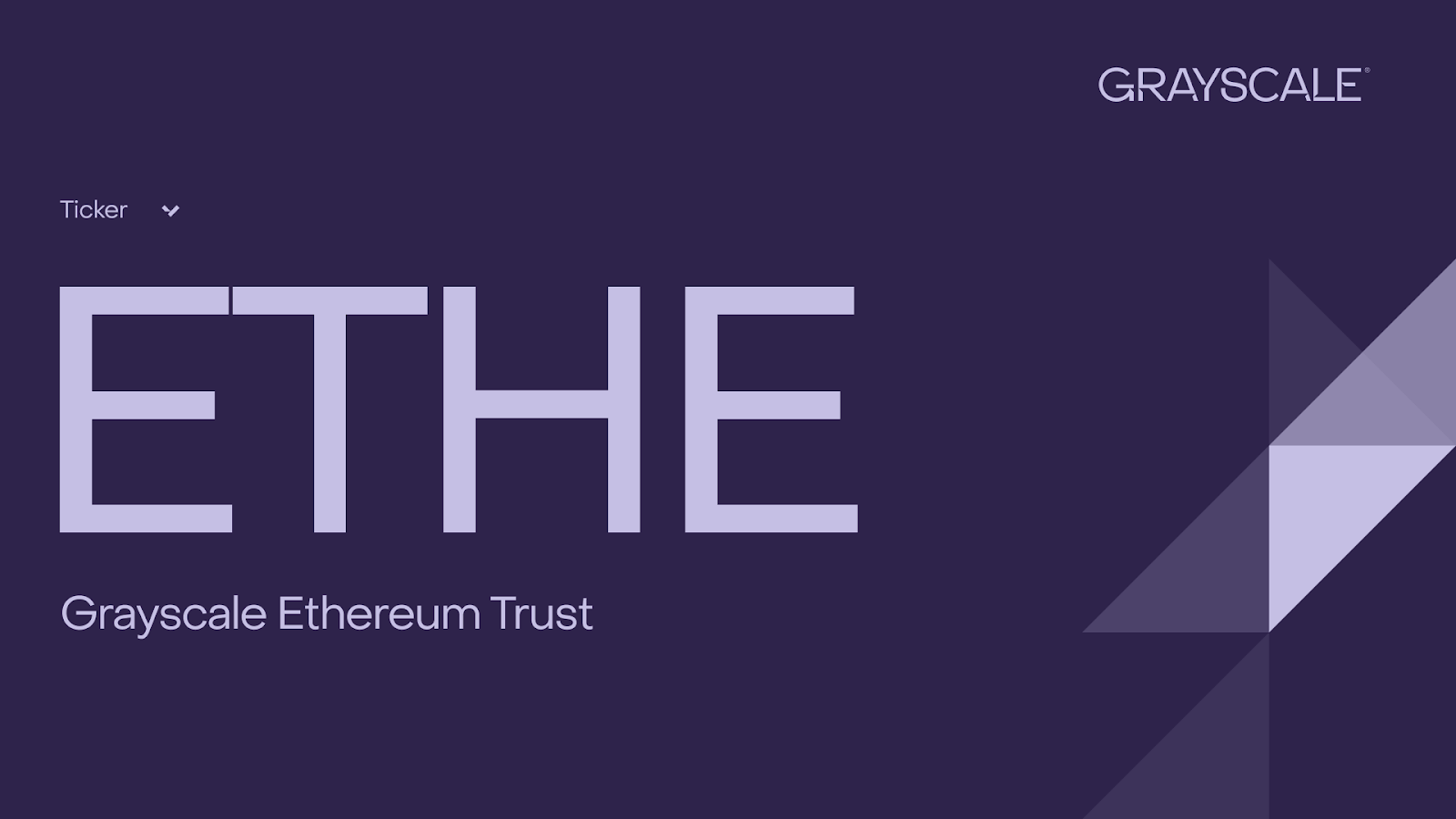The emergence of crypto exchange-traded funds have expanded digital asset investment. Spot crypto ETFs have been given regulatory approval, allowing institutional-grade access to cryptocurrency via traditional brokerage platforms. This exhaustive crypto ETFs list reviews the top crypto ETFs 2025 and analyzes the best crypto ETFs for investors looking to gain regulated exposure to cryptocurrencies.
What has been the explanation for ETFs in crypto? These exchange-traded funds buy and then hold either Bitcoin or Ethereum. The largest crypto ETFs now combine over $140 billion in asset management.
This discussion revolves around the top-performing crypto ETFs in 2025, mentioning BlackRock crypto ETFs that dominate the market, and discusses the crypto ETFs to be put into money in both the Bitcoin and the Ethereum set of listings. Our list of crypto ETFs includes the evaluation of expense rates, trading volumes, and performance measurements for investors who are willing to evaluate the crypto ETFs first.
What are ETFs in crypto?
Exchange-traded funds (ETFs) are regulated funds holding digital assets for shareholders. If a crypto fund is an ETF, it performs like a traditional exchange-traded fund, with the sole focus on Bitcoin, Ethereum, or other approved cryptocurrencies.
The best crypto ETFs in 2025 will be spot ETFs, meaning one has direct ownership of the underlying cryptocurrencies instead of derivative contracts. This offers closer price alignment with actual cryptocurrencies than the futures alternative.
Exchange-traded funds holding cryptocurrencies operate as investment companies registered under the Investment Company Act of 1940. These funds undertake the purchase of digital assets and deposit them with qualified custodians, usually institutional-grade security providers such as Coinbase Custody Trust Company or BitGo Trust Company.
Spot crypto ETFs vs futures alternatives
Top-tier crypto ETFs use a spot model with outright crypto ownership in segregated custody accounts. Share price movements from the crypto ETFs almost correspond 100% to underlying asset performance minus annual expense-ratio charges ranging from 0.15% to 1.50%.
Alternatives based on futures operate with derivative contracts rather than physical shares in the stocks. These funds may witness tracking error due to contango when long-dated contracts are trading at a premium to their spot prices.
Top Bitcoin ETFs in 2025
Bitcoin continues to maintain its status as the major cryptocurrency investment vehicle, bringing in institutional capital through established ETF products. Below are analyses regarding the biggest Bitcoin ETFs by assets under management and trading volumes.

BlackRock iShares Bitcoin Trust (IBIT)
Assets Under Management: $88.6 billion
Share Price: $65.50
Expense Ratio: 0.25%
Average Daily Volume: 44.9 million shares

In the cryptocurrency investment arena, BlackRock crypto ETFs come first; IBIT is also the largest crypto ETF in terms of assets under management. This fund explains why BlackRock crypto ETFs have found preference among institutional investors seeking a regulated vehicle in Bitcoin. Of all crypto ETFs to consider investing in, IBIT possesses the most liquidity and is the best-known operational infrastructure.
Fidelity Wise Origin Bitcoin Fund (FBTC)
Assets Under Management: $24.1 billion
Share Price: $100.60
Year-to-Date Return: 23.31%
Expense Ratio: 0.25%
Average Daily Volume: 3.4 million shares
Fidelity Bitcoin ETF is competitively priced and integrated into the firm's brokerage infrastructure. At Fidelity brokerage, many clients receive commission-free trading, thus lowering their investment expenses. One would expect such a fund to closely emulate Bitcoin price movements, aligning with the general working principle of spot ETFs.
Grayscale Bitcoin Trust (GBTC)
Assets Under Management: $20.8 billion
Share Price: $90.49
Year-to-Date Return: 22.25%
Expense Ratio: 1.50%
Average Daily Volume: 2.1 million shares
Having finally achieved its intended status of an ETF in January 2024, GBTC, in spite of higher fees, has retained its position in the list of considerables. The fund's operational record reaching back to 2013 has allowed investors to realize an extensive track record basis across multiple cycles of the cryptocurrency market.
Grayscale Bitcoin Mini Trust (BTC)
Assets Under Management: $5.5 billion
Share Price: $51.07
Year-to-Date Return: 21.97%
Expense Ratio: 0.15%
Average Daily Volume: 1.2 million shares

Grayscale's alternative offers the same operational infrastructure at a relatively reduced price. The Mini Trust is apt for investors needing Grayscale-style custody experiences without the high expense ratio that the original trust demands.
Bitcoin ETF Comparison Table
Source: VettaFi
Top Ethereum ETFs in 2025
The first Ethereum-focused cryptocurrency ETFs launched in July 2024, which expanded the crypto ETF market past its initial Bitcoin-based offerings. The leading crypto ETFs of 2025 provide investors with entry into the Ether network, which includes smart contracts and decentralized finance applications. The best crypto ETFs in the Ethereum category focus on spot structures holding actual ETH tokens rather than derivative contracts.

BlackRock iShares Ethereum Trust (ETHA)
Assets Under Management: $17.3 billion
Share Price: $34.01
Year-to-Date Return: 34.48%
Average Daily Volume: 44 million shares
BlackRock has a cryptocurrency ETF offering for ETHA apart from its Bitcoin ETFs. ETHA undoubtedly ranks among the top crypto ETFs for Ethereum exposure and benefits from the distribution network and custody infrastructure of BlackRock, secondary to the institutional ecosystem. This is one of the best-performing cryptocurrency ETFs of 2025 and is forming a core holding among those investors seeking top crypto ETFs in Ethereum.
Grayscale Ethereum Trust (ETHE)
Assets Under Management: $4.97 billion
Share Price: $37.02
Year-to-Date Return: 32%

The first Ethereum investment vehicle set up by Grayscale converted into an ETF structure, as have most of its peers in the market. The fund still charges higher fees owing to its greater historical presence in the markets and well-established custodian operations.
Fidelity Ethereum Fund (FETH)
Assets Under Management: $3.73 billion
In theory, Fidelity's Ethereum ETF is expected to mesh well with the firm's investment platform, providing convenience to those customers who have diversified their portfolios into one brokerage relationship.
Grayscale Ethereum Mini Trust (ETH)
Assets Under Management: $3.32 billion
Share Price: $42.32
Year-to-Date Return: 34%
The Mini Trust provides exposure to Ethereum at lower expense ratios compared to the original Grayscale trust, making it a big bet for those who seek to invest with a budget.
Ethereum ETF Comparison Table
Risk assessment for cryptocurrency ETF investments
Digital asset ETFs present a unique risk profile that must be carefully weighed and analyzed before making a buy decision. Pertinent academic literature and regulatory advice have come to identify a few key variables for investors to consider.
Price Volatility Analysis Cryptocurrency markets have far greater price volatility than traditional asset classes. Quantitatively, Bitcoin's 365-day realized volatility has averaged somewhere between 65% 85% over the past five years, whereas the S&P 500 Index has observed its numbers between 15% and 25%. In this respect, almost similar volatility is observed within Ethereum, though further variations arise due to network upgrade cycles and DeFi activities.
The regulatory environment Federal oversight, is continuing its evolution as agencies develop cryptocurrency frameworks. The Commodity Futures Trading Commission classifies Bitcoin and Ether as commodities, while the SEC manages ETF structures through current investment company regulations. Fund operations, together with custody requirements and tax treatment, stand to be affected by upcoming regulatory changes.
Cyber and operational risks are threatening every aspect of asset custody. Present-day digital asset custody entails a fair degree of technical complexity absent in the custody of traditional securities. A qualified custodian has to make sure that the private key is secure, uses multi-signature procedures, and ensures assets under custody. While institutional custody has grown very mature, operational risks remain higher than those faced in traditional asset classes.
Concentration effects The single-asset ETFs provide no form of diversification within the crypto markets. Since Bitcoin and Ethereum generally correlate during market stresses, the adoption of such strategies presents very little risk for diversification when compared with multi-asset-type strategies.
The tax treatment of ETF structures results in normal capital gains and dividend distributions, which appear on Form 1099-DIV. The tax reporting process becomes easier through this method than holding cryptocurrency directly but taxpayers need to be aware that the timing of tax events might differ.
Complete list of crypto ETFs and portfolio allocation strategy
The complete crypto ETFs directory shows all Bitcoin and Ethereum investment funds which have received approval for trading on major stock exchanges. Financial professionals who assess crypto ETFs advise investors to keep their cryptocurrency holdings between 5% and 10% of their entire portfolio because this asset class shows unpredictable price movements.
The best crypto ETFs 2025 deliver multiple benefits to investors when compared to direct investments in cryptocurrencies:
- Professional custody eliminates private key management requirements
- Regulatory oversight through established ETF structures
- Simplified tax reporting via standard 1099 forms
- Traditional brokerage account accessibility
Leveraged crypto ETFs and upcoming developments
The present market for spot crypto ETFs offers exposure to individual assets, but regulators continue to examine leveraged crypto ETFs for approval. The products would use derivative strategies to boost cryptocurrency price changes, which might produce daily returns of 2x to 3x. Investors who want to keep their positions for a long time should avoid leveraged crypto ETFs because they carry extra risk.
Regulators now evaluate multiple new crypto ETFs, which include multi-asset cryptocurrency funds and sector-specific products that concentrate on decentralized finance tokens. These new products would extend the current Bitcoin and Ethereum crypto ETF offerings, yet regulatory approval dates remain uncertain.
About this analysis
Methodology: Based on SEC Form N-Q custody reports, fund prospectuses, and financial data verified by Morningstar Direct and Bloomberg. Performance reflects fund administrators’ NAV calculations.
Expertise: Conducted by CFA-certified researchers with institutional crypto management experience, including custody and blockchain security evaluations.
Data sources: SEC EDGAR, fund investor relations, Coinbase Institutional, and verified exchange data (NYSE Arca, Nasdaq).
Limitations: Crypto trades 24/7, but ETFs follow stock market hours, affecting premium/discount values. Past performance does not predict future results.

Investment Disclosures: This material functions as an educational resource that provides no individualized advice about investment decisions. Investing in cryptocurrency ETFs involves major risks because you face the chance of losing your entire investment. The price changes of digital assets show extreme unpredictability, which does not align with the risk tolerance of every investor. Investors need to study full fund prospectuses before they evaluate their financial condition and seek advice from investment professionals to decide where to allocate their money. Past performance data provides no assurance of future results.





